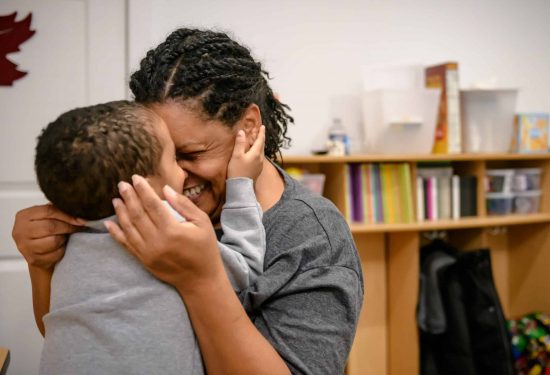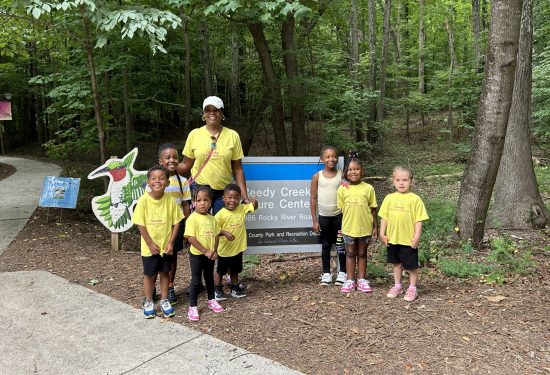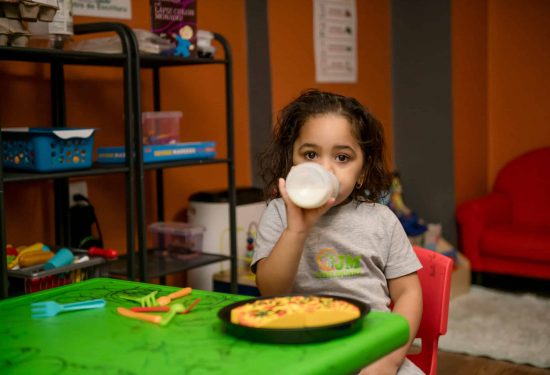COVID-19 Impact
Roughly 33% of available child care slots in Chautauqua County are filled at this time. The sector has lost more than $1 million in revenue since COVID-19 began.
Emergency Fund
A coalition of philanthropy, government, and business partners has allowed the Chautauqua County Crisis Response Fund to deploy mini-grants to the local child care resource and referral organization to assist 49 home-based child care providers that are impacted by COVID-19.




